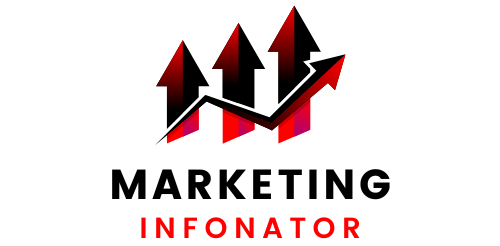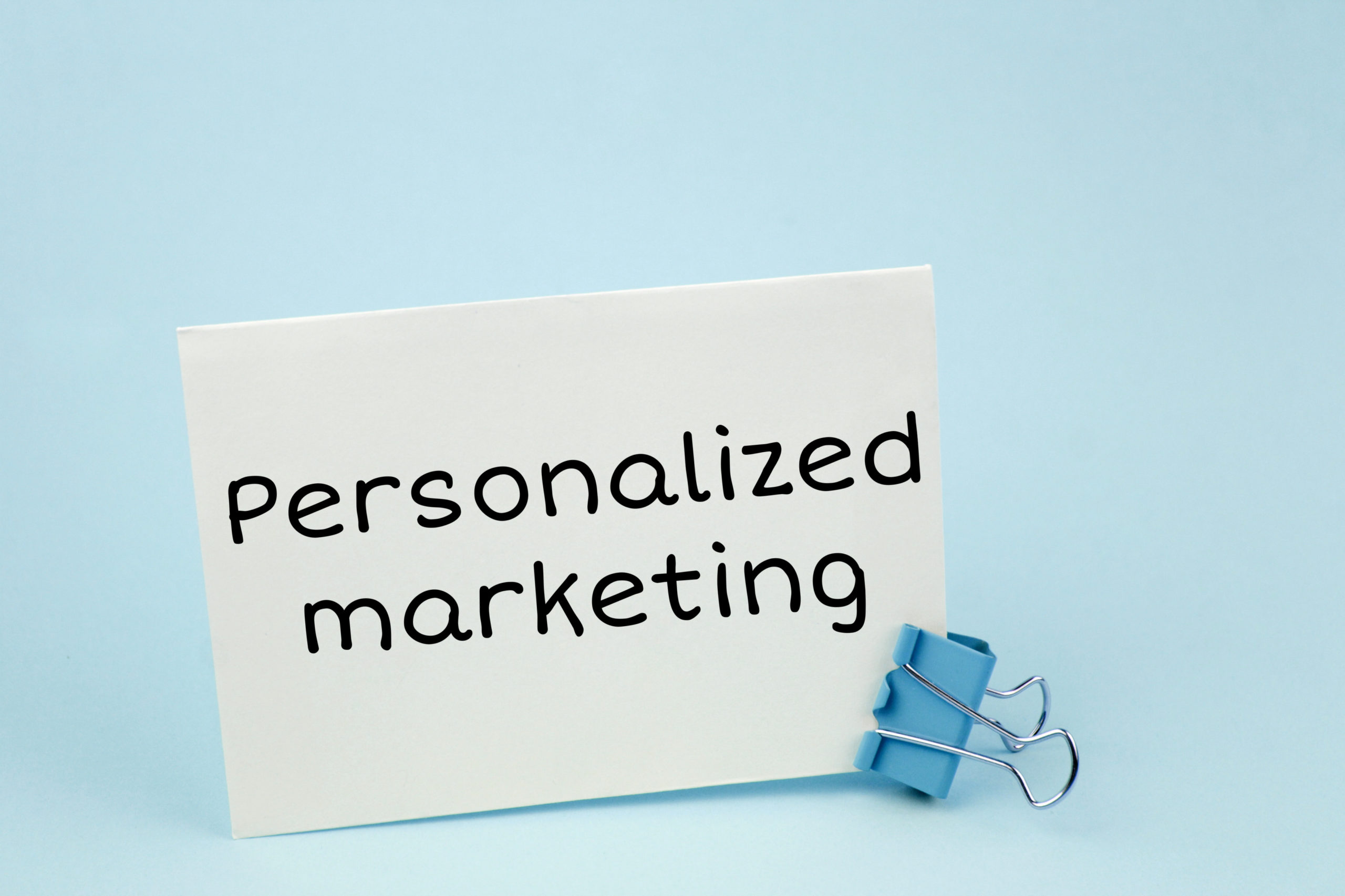In today’s fast-paced and highly competitive business landscape, one of the most effective strategies for standing out and engaging your target audience is personalization. Gone are the days of one-size-fits-all marketing campaigns. Consumers now expect brands to deliver tailored experiences that cater to their individual needs, preferences, and behaviors. This shift has led to the rise of personalized marketing approaches, which harness the power of data, technology, and creativity to create more meaningful connections with customers.
Personalization in marketing goes beyond simply addressing a customer by their first name in an email. It involves a deep understanding of your audience and the ability to deliver relevant content, offers, and recommendations at the right time and through the right channels. The benefits of personalization are numerous, ranging from increased customer loyalty and engagement to higher conversion rates and revenue growth. Let’s explore some key aspects of the power of personalization in your marketing approach:
- Enhanced Customer Experience: Personalized marketing allows you to create a seamless and enjoyable experience for your customers. By tailoring your messages and offerings to their specific interests and preferences, you show that you value their individuality. This can lead to higher customer satisfaction and foster long-term relationships.
- Data-Driven Insights: Successful personalization relies on data collection and analysis. By gathering data on customer behaviors, purchase history, and interactions with your brand, you can gain valuable insights into their preferences and habits. These insights enable you to make informed decisions and refine your marketing strategies.
- Segmentation and Targeting: Personalization begins with effective segmentation. Dividing your audience into smaller groups based on shared characteristics allows you to create tailored campaigns that resonate with each segment. This targeted approach increases the relevance of your marketing efforts and boosts the chances of capturing your audience’s attention.
- Dynamic Content: Dynamic content refers to adapting your marketing materials in real-time based on user interactions. For example, an e-commerce website can display product recommendations based on a user’s browsing history. This dynamic approach increases the likelihood of making relevant offers and boosting conversions.
- Email Personalization: Email remains a powerful marketing channel, and personalization can greatly enhance its effectiveness. Customizing email subject lines, content, and offers based on recipient behavior and preferences can lead to higher open rates and click-through rates.
- Personalized Product Recommendations: E-commerce platforms often use algorithms to suggest products similar to those a customer has shown interest in or purchased before. These recommendations can significantly impact the customer’s shopping experience and encourage additional purchases.
- Loyalty Programs: Personalization can play a crucial role in loyalty programs. By tailoring rewards and incentives to each customer’s preferences, you can make your loyalty program more engaging and appealing.
- Social Media Personalization: Social media platforms offer various tools for personalized marketing, such as targeted ads and custom content for different user segments. Leveraging these features can help you connect with your audience more effectively.
- Localization and Cultural Sensitivity: Personalization also involves considering local customs, languages, and cultural nuances. Adapting your marketing messages to resonate with specific regions or demographics shows that you respect and understand your customers’ backgrounds.
- Privacy and Ethical Considerations: While personalization offers significant benefits, it’s important to handle customer data responsibly and ethically. Transparent data practices and obtaining proper consent are crucial to building trust with your audience.
In conclusion, the power of personalization in your marketing approach cannot be overstated. By leveraging data, technology, and creativity, you can create compelling and relevant experiences that resonate with your target audience. Whether it’s through tailored content, dynamic campaigns, or personalized recommendations, embracing personalization can lead to improved customer satisfaction, stronger brand loyalty, and ultimately, business growth in today’s competitive marketplace.

